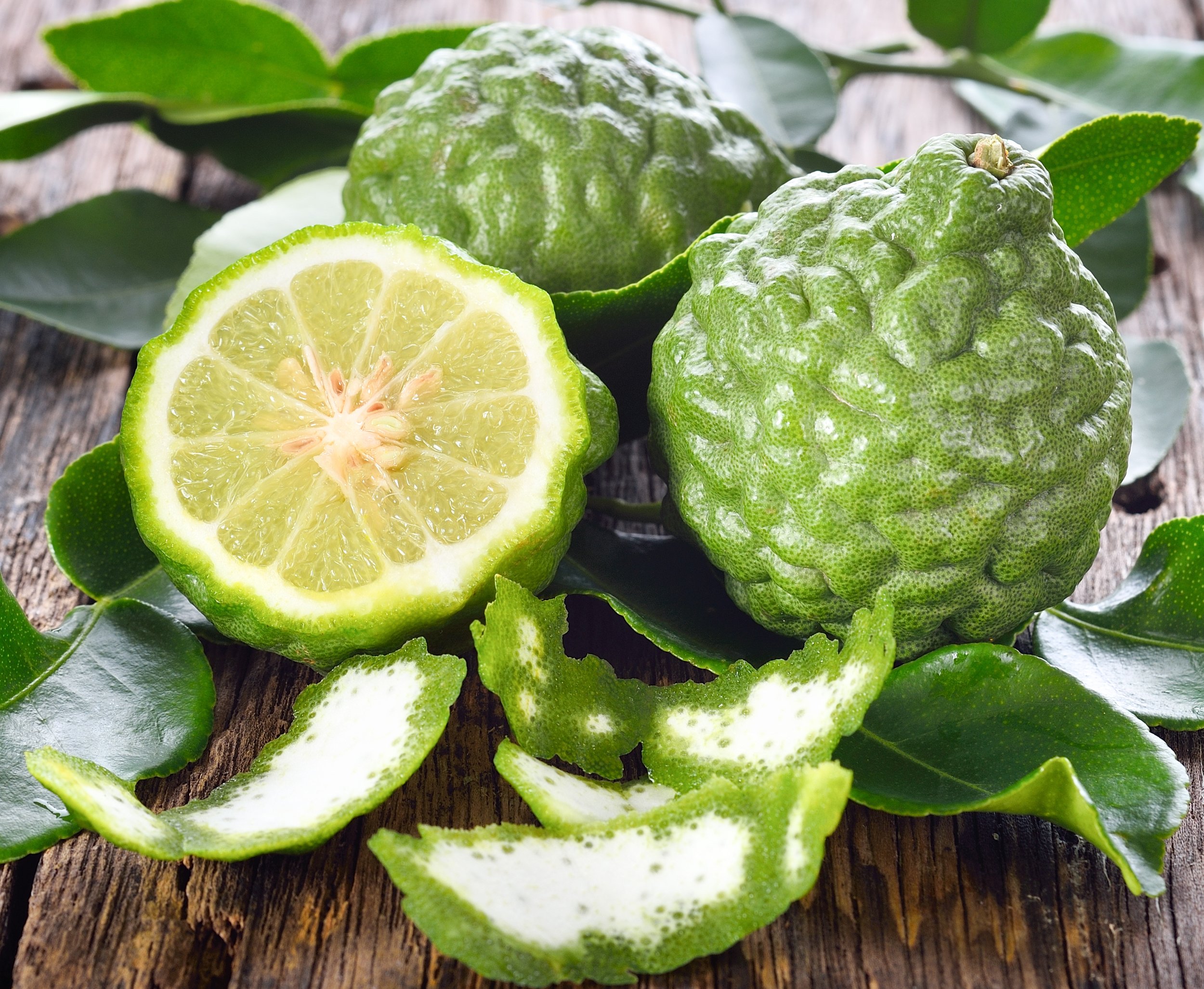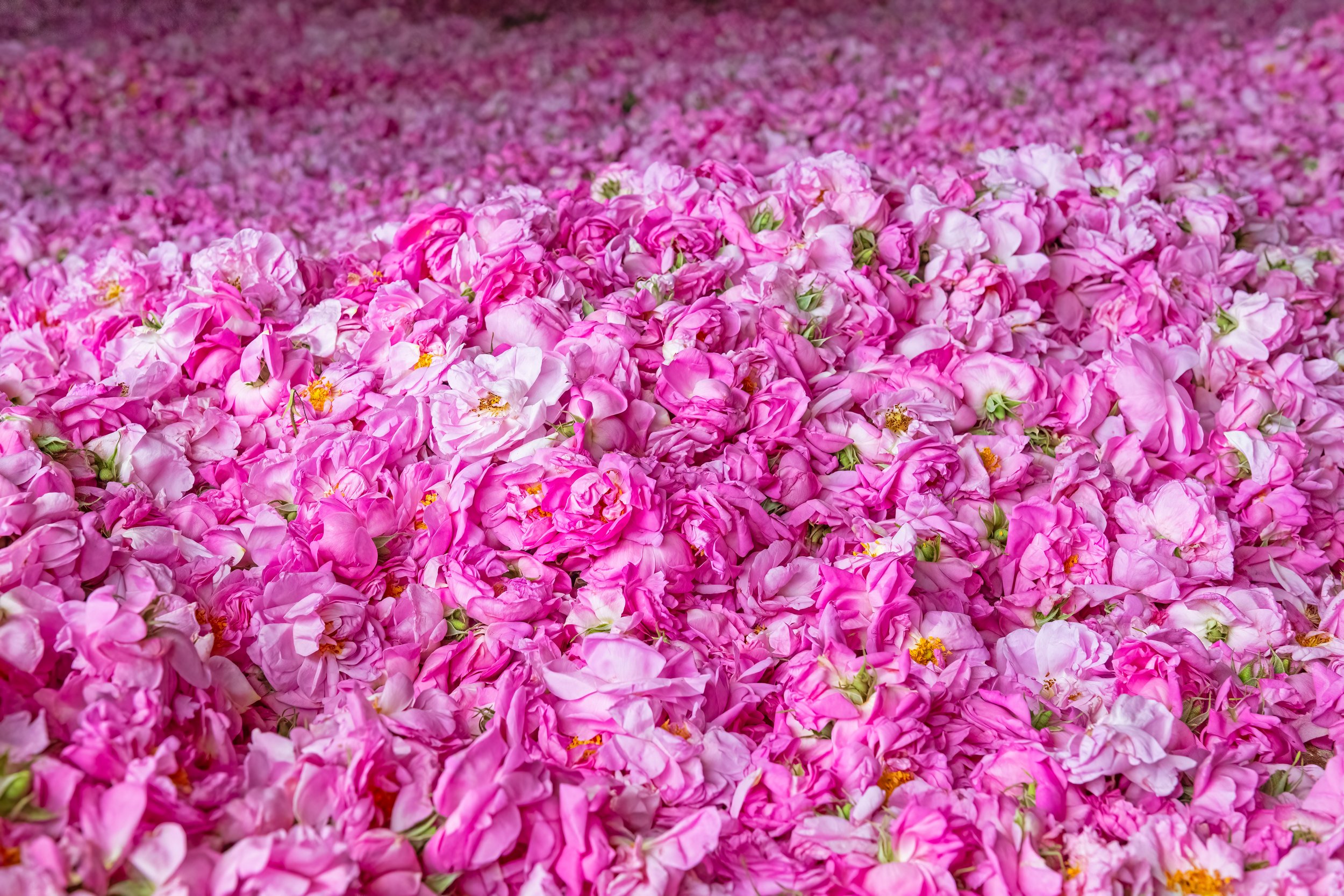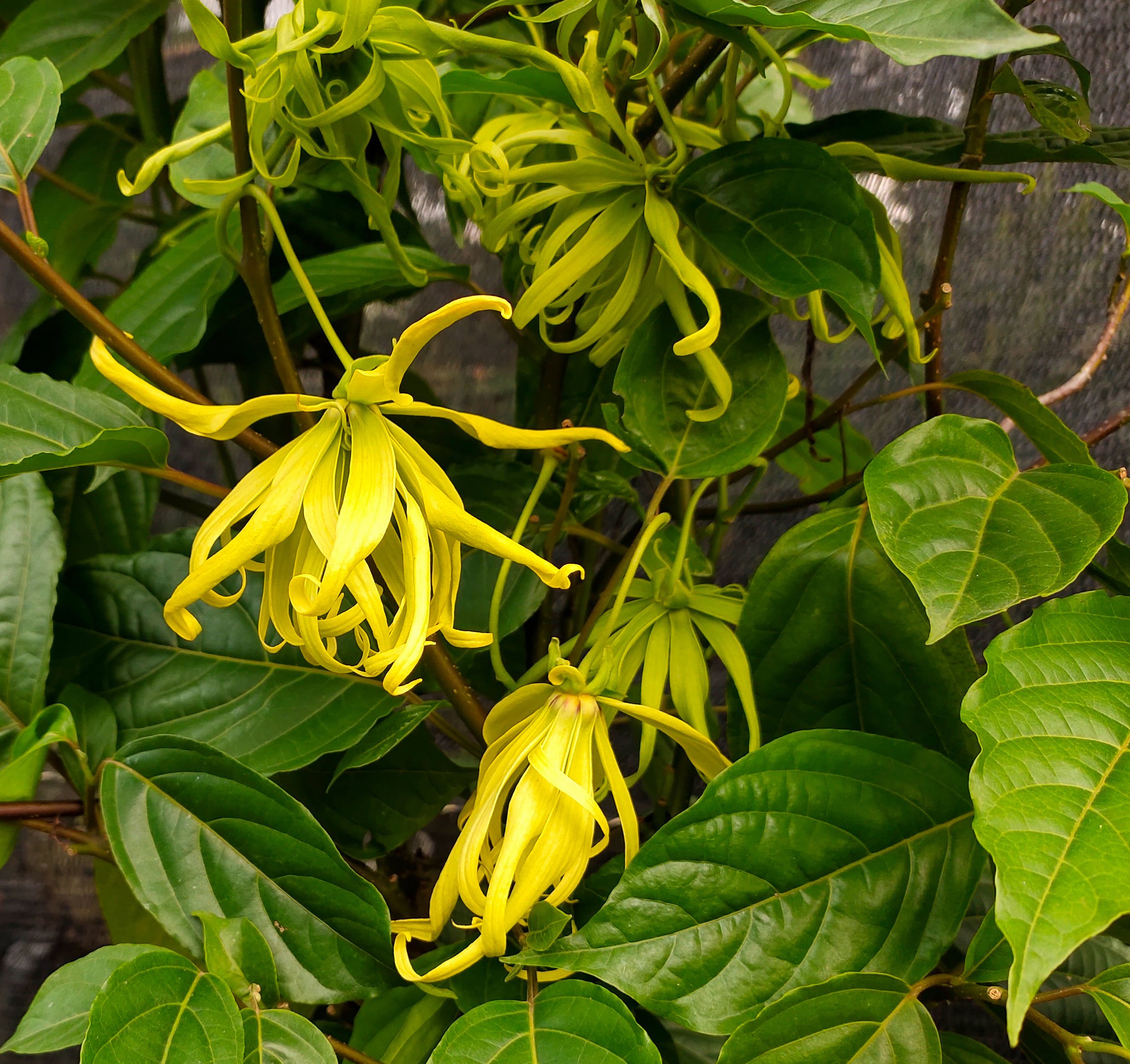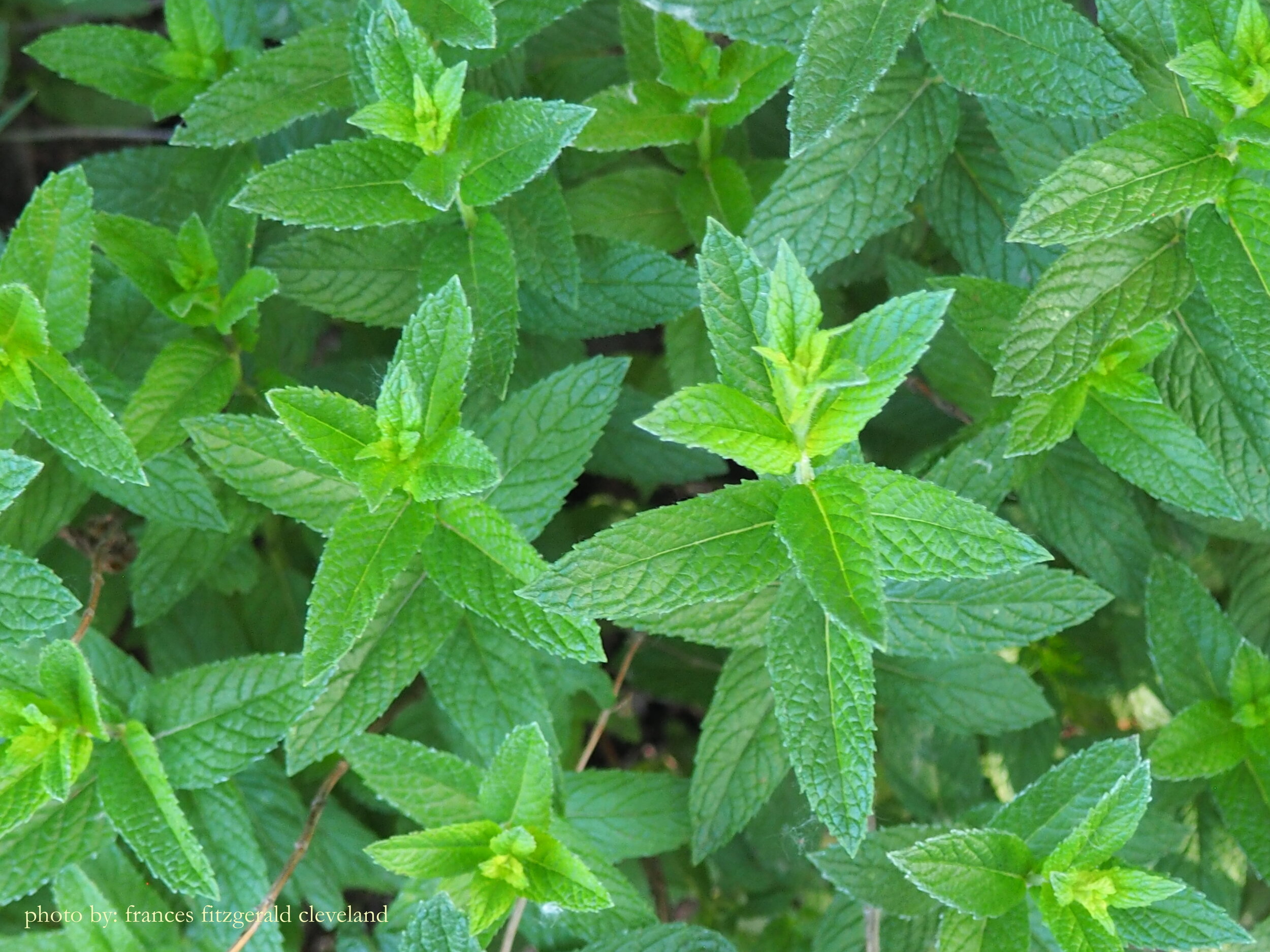 Image 1 of 1
Image 1 of 1


Bergamot (Citrus bergamia)
Bergamot was the first essential oil I fell in love with while living in New York City. This oil supported me through many transitions in my life. While working a very demanding job and coping with the stress it brought, I began to discover the healing properties of plants and essential oils. Without fail, Bergamot always lifted my mood when I needed it the most. It was also our dog Indie's favorite essential oil.
Bergamot is a small, round fruit that ranges in color from green to yellow, growing on a tree that reaches about 14 feet in height. The essential oil is extracted through cold expression, resulting in a light greenish-yellow oil. Its aroma is fresh, sweet, and slightly spicy.
Bergamot essential oil has several suggested uses, including treatment for acne, eczema, psoriasis, loss of appetite, flatulence, colds, fevers, anxiety, depression, and stress-related conditions.
For me, the primary use of Bergamot essential oil is for supporting the nervous system. It is my go-to oil when I'm feeling stressed, overwhelmed, depressed, anxious or emotionally unbalanced. Animals seem to gravitate toward it for the same reasons. When I work with abused animals or those that have lost a close companion due to a move, death, or a changed living situation or are simply fearful, they often choose Bergamot as well.
When we adopted our dog, Indie, at ten months old, the shelter informed us that he had been found living on the streets in Taos, NM. He was a timid dog who would hide under anything when he felt insecure. However, I noticed that he had a love for people. I imagined that he must have had someone in his past who provided him with food and affection, and it occurred to me that he might miss that person.
I introduced Indie to Bergamot essential oil, and he seemed to love it. This oil helped him acclimate to his new environment and bond with us. Whenever we traveled to new places, I would always bring Indie's favorite essential oil: Bergamot.
The best way to use this essential oil is through inhalation, using a diffuser or a room spray. If you choose to apply Bergamot topically, be sure to dilute it in a vegetable-based oil for animals, such as safflower oil. For humans, mix it with a gentle skincare oil, like apricot kernel or almond oil.
Safety Reminder: The essential oil contains furocoumarin bergapten, which makes it phototoxic. If you apply this oil to your skin or to your pet, avoid exposing those areas to sunlight for at least 12 hours. I advise my clients who wish to use it topically on their animals to do so at night. Additionally, always dilute your essential oils before use; never apply them undiluted.
Comes in a 5ml-dropper bottle.
It is the chemical constituents that make up the essential oil and provide its therapeutic properties. There are very few clinical studies on essential oils. By definition, we know what their chemical constituents can do, but we do not clinically understand how they work in the essential oil.
You may read what others say about working with essential oils and how they affected them, but this does not mean it will have the same effect on you.
These statements have not been evaluated by the FDA and as such shall not be construed as medical advice implied or otherwise. No claims are made with respect to treatment of any physically diseased condition and no attempt is ever made to dissuade individuals from seeking medical treatment for any condition. In addition, this equipment, technology and products have not been evaluated by the FDA, nor are they intended to treat, cure, mitigate, diagnose or prevent any illness or disease.
Bergamot was the first essential oil I fell in love with while living in New York City. This oil supported me through many transitions in my life. While working a very demanding job and coping with the stress it brought, I began to discover the healing properties of plants and essential oils. Without fail, Bergamot always lifted my mood when I needed it the most. It was also our dog Indie's favorite essential oil.
Bergamot is a small, round fruit that ranges in color from green to yellow, growing on a tree that reaches about 14 feet in height. The essential oil is extracted through cold expression, resulting in a light greenish-yellow oil. Its aroma is fresh, sweet, and slightly spicy.
Bergamot essential oil has several suggested uses, including treatment for acne, eczema, psoriasis, loss of appetite, flatulence, colds, fevers, anxiety, depression, and stress-related conditions.
For me, the primary use of Bergamot essential oil is for supporting the nervous system. It is my go-to oil when I'm feeling stressed, overwhelmed, depressed, anxious or emotionally unbalanced. Animals seem to gravitate toward it for the same reasons. When I work with abused animals or those that have lost a close companion due to a move, death, or a changed living situation or are simply fearful, they often choose Bergamot as well.
When we adopted our dog, Indie, at ten months old, the shelter informed us that he had been found living on the streets in Taos, NM. He was a timid dog who would hide under anything when he felt insecure. However, I noticed that he had a love for people. I imagined that he must have had someone in his past who provided him with food and affection, and it occurred to me that he might miss that person.
I introduced Indie to Bergamot essential oil, and he seemed to love it. This oil helped him acclimate to his new environment and bond with us. Whenever we traveled to new places, I would always bring Indie's favorite essential oil: Bergamot.
The best way to use this essential oil is through inhalation, using a diffuser or a room spray. If you choose to apply Bergamot topically, be sure to dilute it in a vegetable-based oil for animals, such as safflower oil. For humans, mix it with a gentle skincare oil, like apricot kernel or almond oil.
Safety Reminder: The essential oil contains furocoumarin bergapten, which makes it phototoxic. If you apply this oil to your skin or to your pet, avoid exposing those areas to sunlight for at least 12 hours. I advise my clients who wish to use it topically on their animals to do so at night. Additionally, always dilute your essential oils before use; never apply them undiluted.
Comes in a 5ml-dropper bottle.
It is the chemical constituents that make up the essential oil and provide its therapeutic properties. There are very few clinical studies on essential oils. By definition, we know what their chemical constituents can do, but we do not clinically understand how they work in the essential oil.
You may read what others say about working with essential oils and how they affected them, but this does not mean it will have the same effect on you.
These statements have not been evaluated by the FDA and as such shall not be construed as medical advice implied or otherwise. No claims are made with respect to treatment of any physically diseased condition and no attempt is ever made to dissuade individuals from seeking medical treatment for any condition. In addition, this equipment, technology and products have not been evaluated by the FDA, nor are they intended to treat, cure, mitigate, diagnose or prevent any illness or disease.






